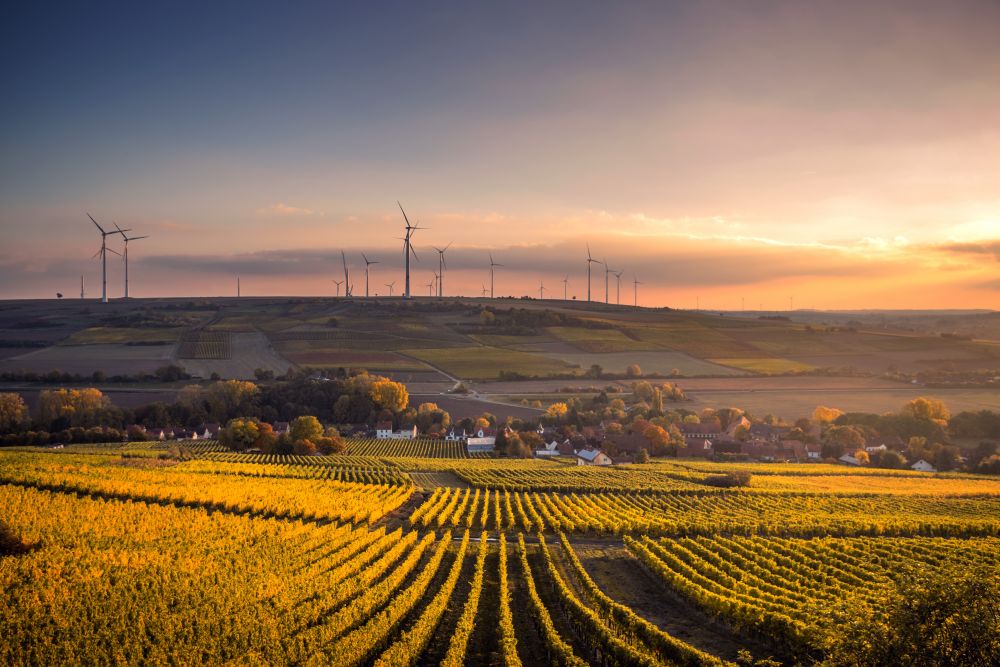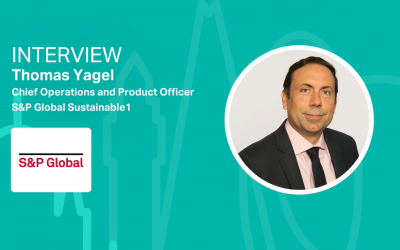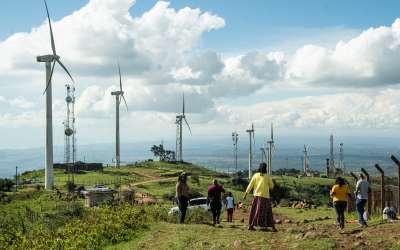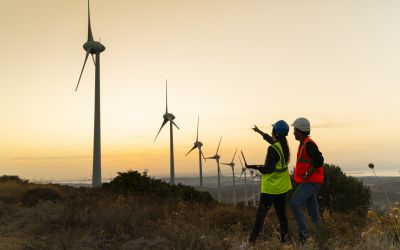UNFCCC: COP28 agreement signals “beginning of the end” of the Fossil Fuel Era
COP28 closed with an agreement that signals the “beginning of the end” of the fossil fuel era by laying the ground for a swift, just and equitable transition, underpinned by deep emissions cuts and scaled-up finance.

COP28 closed with an agreement that signals the “beginning of the end” of the fossil fuel era by laying the ground for a swift, just and equitable transition, underpinned by deep emissions cuts and scaled-up finance.
In a demonstration of global solidarity, negotiators from nearly 200 Parties came together in Dubai with a decision on the world’s first ‘global stocktake’ to ratchet up climate action before the end of the decade – with the overarching aim to keep the global temperature limit of 1.5°C within reach.
“Whilst we didn’t turn the page on the fossil fuel era in Dubai, this outcome is the beginning of the end,” said UN Climate Change Executive Secretary Simon Stiell in his closing speech. “Now all governments and businesses need to turn these pledges into real-economy outcomes, without delay.”
The global stocktake is considered the central outcome of COP28 – as it contains every element that was under negotiation and can now be used by countries to develop stronger climate action plans due by 2025.
The stocktake recognizes the science that indicates global greenhouse gas emissions need to be cut 43% by 2030, compared to 2019 levels, to limit global warming to 1.5°C. But it notes Parties are off track when it comes to meeting their Paris Agreement goals.
The stocktake calls on Parties to take actions towards achieving, at a global scale, a tripling of renewable energy capacity and doubling energy efficiency improvements by 2030. The list also includes accelerating efforts towards the phase-down of unabated coal power, phasing out inefficient fossil fuel subsidies, and other measures that drive the transition away from fossil fuels in energy systems, in a just, orderly and equitable manner, with developed countries continuing to take the lead.
In the short-term, Parties are encouraged to come forward with ambitious, economy-wide emission reduction targets, covering all greenhouse gases, sectors and categories and aligned with the 1.5°C limit in their next round of climate action plans (known as nationally determined contributions) by 2025.
The two-week-long conference got underway with the World Climate Action Summit, which brought together 154 Heads of States and Government. Parties reached a historic agreement on the operationalization of the loss and damage fund and funding arrangements – the first time a substantive decision was adopted on the first day of the conference. Commitments to the fund started coming in moments after the decision was gaveled, totaling more than USD 700 million to date.
At the Climate Action Innovation Zone, which took place between 4 and 8 December and was organised by Climate Action, almost 6,000 leaders and practitioners from business, finance, cities, regions and countries came together to delve into the challenges and solutions of driving transformative climate action at speed and scale.
Andrew Steer, CEO of Bezos Earth Fund, spoke to say he was optimistic that philanthropy can support in translating large sums of money into action by preparing projects for finance. The importance of this kind of grant funding was reiterated later by HE Dr Rania Al-Mashat, Egypt’s Minister of International Cooperation.
That theme was also echoed on the Island of Hope, where Sir Alok Sharma MP said plainly: “All the numbers mean absolutely nothing to the people on the frontline of climate change. If you’re facing drought or rising sea levels or your crops are failing, there is no point people talking in these forums about billions and trillions if the money isn’t flowing […] And it is not flowing fast enough.”
The next two years will be critical. At COP29, governments must establish a new climate finance goal, reflecting the scale and urgency of the climate challenge. And at COP30, they must come prepared with new nationally determined contributions that are economy-wide, cover all greenhouse gases and are fully aligned with the 1.5°C temperature limit.
“We must get on with the job of putting the Paris Agreement fully to work,” said Stiell. “In early 2025, countries must deliver new nationally determined contributions. Every single commitment – on finance, adaptation, and mitigation – must bring us in line with a 1.5-degree world.





_400_250_s_c1.png)
